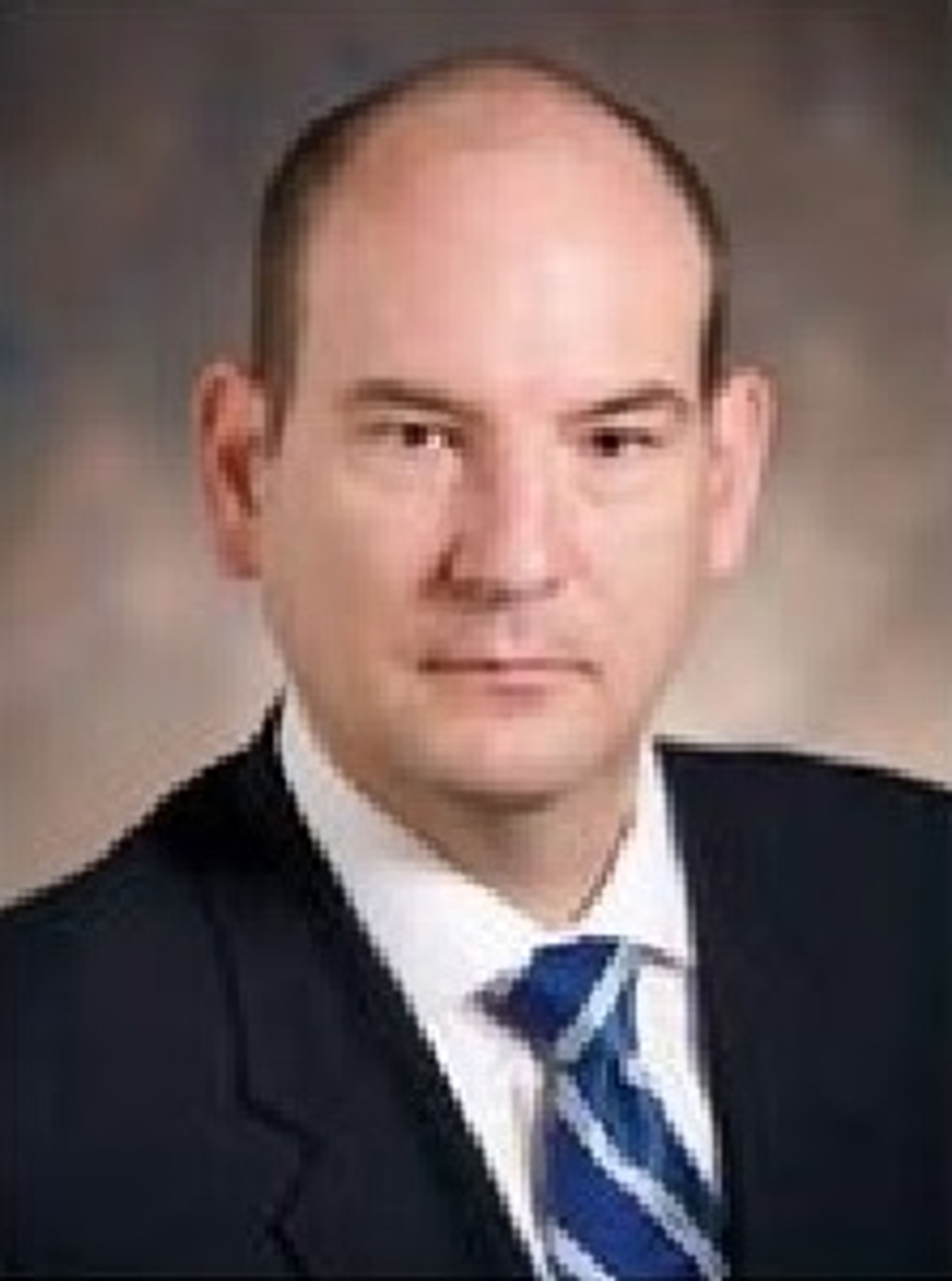Debate over lawmaker salaries continues
House freshmen and veteran Republicans divided on raises; chamber votes on resolution to allow lawmaker salaries to be donated
BOISE — There was a clear divide between some new lawmakers and veteran legislators during the 30 minutes of debate Thursday before the House voted overwhelmingly to approve a resolution allowing lawmakers to donate their salaries toward a tax relief fund.
Although the concurrent resolution did not mention legislator pay raises, debate centered on the November decision by the Citizens’ Committee on Legislative Compensation to bring up legislator pay by 22% — or around $5,000 — to $25,000 a year.
Per Idaho law, legislators cannot set their own pay but they may choose to reject the citizen’s committee’s pay raise by the 25th legislative day, which would be Jan. 30.
“If you think that you, individually as an individual, are paid too much or you think that raises are not appropriate, then take your money that you are getting and donate it to a tax relief fund back to the taxpayers,” said HCR 4 sponsor, Majority Leader Rep. Jason Monks, R-Meridian.
On the other side of the rotunda, the Senate recently approved a resolution to reject the pay raise, with bill sponsor Sen. Christy Zito, R-Mountain Home, saying a raise at this time was “simply inappropriate.”
A number of new legislators stood in the House on Thursday to debate against Monks’ resolution, arguing that it de facto accepted the pay raise from the citizens’ committee, which they opposed because other Idahoans may be struggling under inflation.
“We have seen the government provide a raise for itself, insulating itself from the consequences of reality, what people are feeling, disconnecting us,” freshman legislator Rep. David Leavitt, R-Twin Falls, said. “And now we’re seeing a precedent that’s being created where we see our state agencies, government employees, wanting raises, wanting more of our taxpayers’ hard-earned money.”
Lawmakers this session will also consider pay increases for state employees, although the budget-writing committee has yet to decide on how to go about that. The governor this year recommended raising employee pay by 5% or by $1.55 an hour, with additional raises for IT/engineering staff to improve recruitment and retention.
Rep. Faye Thompson, R-McCall, also opposed the resolution, saying the raises were too much and they shouldn’t have been done this year. Thompson is also in her first year.
Rep. Ron Mendive, R-Coeur d’Alene, said he supported the pay raise because the pay rate is not reasonable for someone who’s trying to support a family. Mendive is in his seventh term in the Legislature.
“We’re supposed to be a citizen Legislature as such,” Mendive said. “You need to make it possible for citizens to participate.”
Per House rules, debate is required to be focused only on the bill or resolution before the members, and Rep. Brent Crane, R-Nampa, rose to say that debate ran ”clear out of field” of HCR 4.
House Speaker Mike Moyle, who presides over the chamber, said, “I think this is a pent-up issue within this body, so I have been giving leeway with the debate, and I’ve given leeway on purpose so that everybody can express their feelings and that this issue can go away and we can move on.”
After everyone debated for the first time, Leavitt rose again to make a motion to refer the resolution to what’s known as “general orders,” which would allow anyone to propose amendments. He said he wanted to change the resolution so that it rejected the pay raise.
Monks responded that it was “a hostile motion.”
“If you don’t like the bill, vote no. Trying to play games, as far as sending a bill somewhere else, is considered a hostile motion,” Monks said.
Leavitt’s motion to refer to general orders died in a 63-5 vote, with two members absent.
Members then moved on to vote on HCR 4, which passed in a 61-7 vote.
Leavitt, Thompson and Reps. Clint Hostetler, R-Twin Falls, Kent Marmon, R-Caldwell, Lucas Cayler, R-Caldwell, Monica Church, D-Boise, and Chris Mathias, D-Boise, voted no.
The resolution will head to the Senate. Neither the Senate resolution that would reject the pay raises nor the House resolution to allow pay donations will go into effect unless they are approved by both chambers.
The pay increase went into effect in December, but the Senate concurrent resolution would immediately return the lawmakers’ salaries to where they were before — $19,913 annually.
Guido covers Idaho politics for the Lewiston Tribune, Moscow-Pullman Daily News and Idaho Press of Nampa. She may be contacted at lguido@idahopress.com and can be found on Twitter @EyeOnBoiseGuido.








